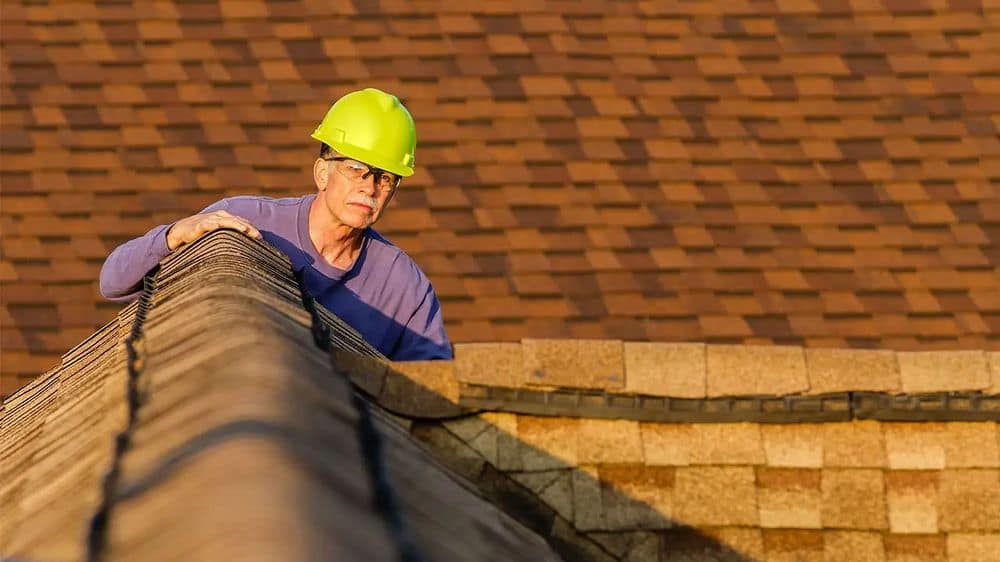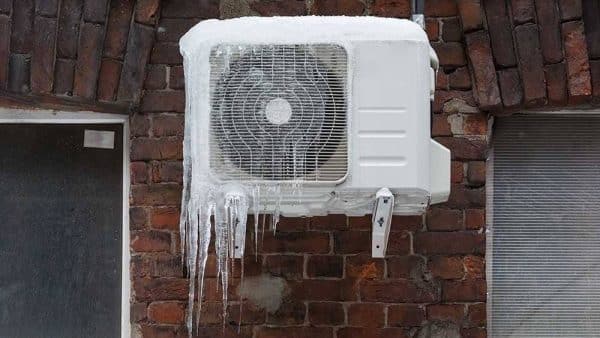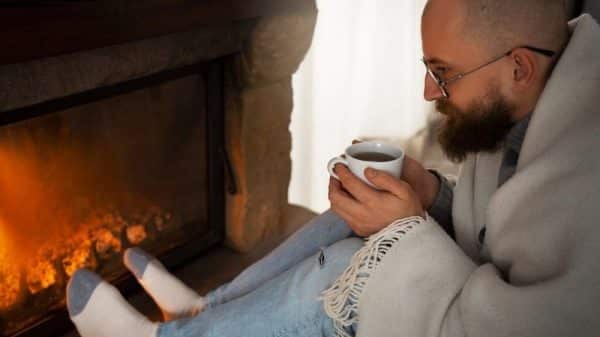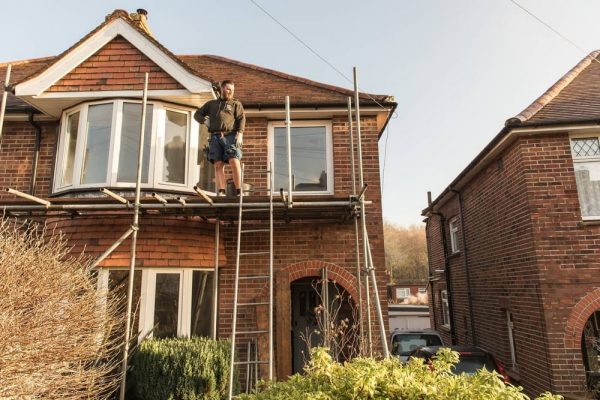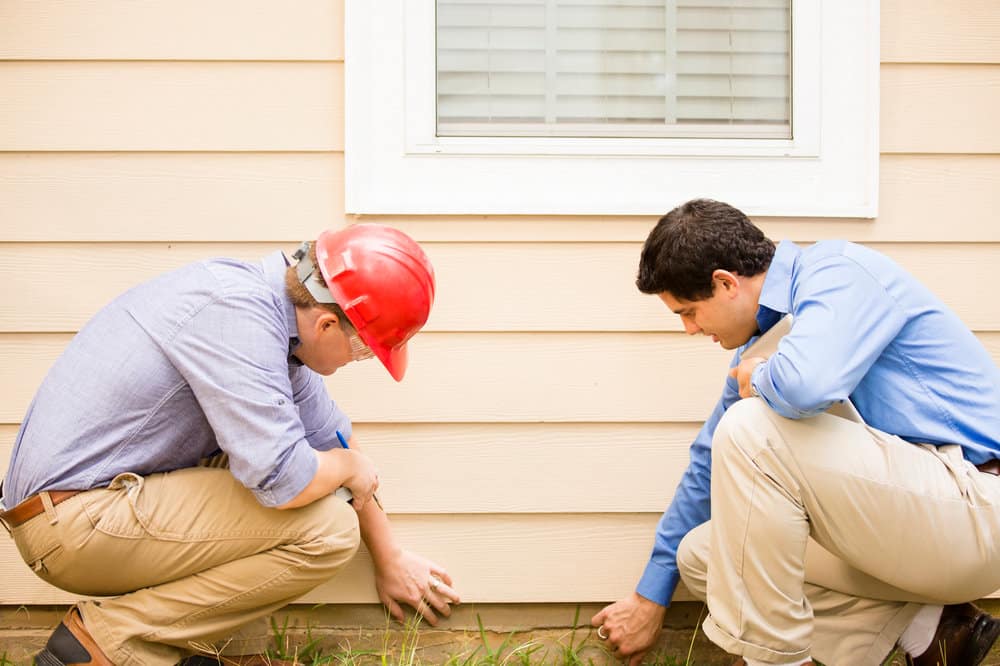
Home inspections are a crucial element in a house purchase process and future expense planning. They involve visual assessments to identify significant issues before closing on a property. Failure to prepare your home for evaluation increases the risk of failing. Potential buyers can cancel the contract, request specific repairs, or renegotiate for a lower sale price when your home inspection fails.
Identifying the things that are likely to fail your home inspection is essential because it helps you prepare for the evaluation better. This article outlines ten things that will fail your home inspection.
1. Roofing Issues
The roof is among the most significant house features. It’s a vital support structure and serves as a first line of defense against outdoor elements. Over time, exposure to extreme weather conditions damages the roof, necessitating repairs or replacements. A failing structure, poor workmanship or installation, damaged/ missing shingles, leaks, clogged downspouts and gutters, and poorly installed flashings are common roofing issues that may be caught during a home inspection.
A skilled and experienced home inspector will assess the roof to identify any problems before selling your home. You can repair or replace the roof for positive results. If you cannot afford a roof replacement or repair, you can sell your property as is to cash buyers. A simple ‘we buy houses Knoxville, ’ web search, for instance, can help you find trusted house cash buyers in Knoxville.
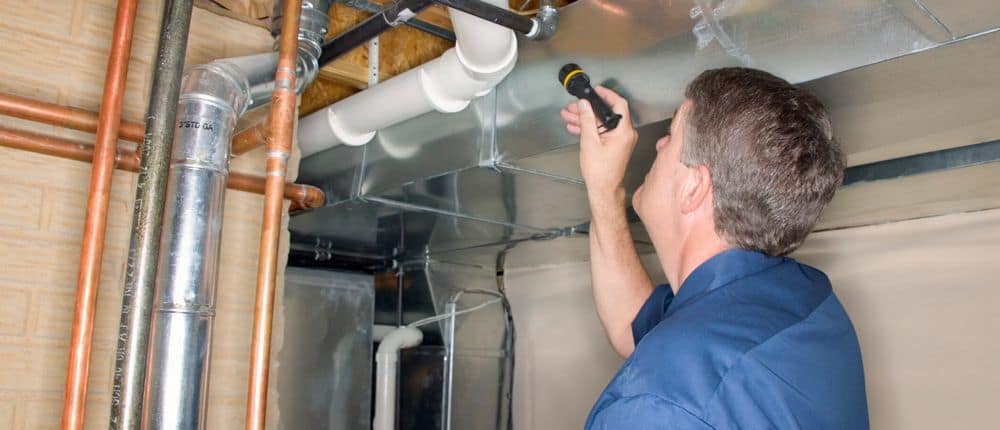
2. Plumbing Problems
Plumbing issues are a major concern for homebuyers and may fail your home inspection. Water leaks, subpar plumbing works, water heater issues, clogged sewer lines, cross-connection problems, old or defective piping, slow-draining sinks, dripping faucets, toilet issues, low water pressure, undetected wall leaks, and crammed waste disposal may lead to failed plumbing system.
DIY projects that don’t meet plumbing standards may also lead to a bad report. Ensuring that all pipe work meets legal guidelines and standards, visually inspecting plumbing appliances and pipes regularly, and being mindful of the possible damage from weather changes can help keep your plumbing system healthy.
3. Electrical Issues
During home inspections, your electrical system is evaluated to ensure it complies with the state and local codes and to catch any issues that may threaten safety. Exposed wiring, poorly wired switches, double-tapped circuit breakers, ungrounded receptacles, faulty or missing GFI outlets, obstructed drip loop, service panel issues, missing covers, bushes or trees leaning on or over exterior power lines, poor cable anchoring, and dated electrical panel box may fail your home inspection. Hiring a licensed electrician can help fix these electrical issues before the home evaluation for improved results.
4. Foundation Concerns
Foundation issues significantly contribute to failed home inspections. Drywall cracks, sticking windows and doors, sloped floors, slab cracks, leaning chimneys, stucco cracks, footing cracks, and wet spots and moisture are signs of foundation problems. A foundation repair company can help you fix these issues for a favorable home inspection report.
5. Missing Insulation
Missing and inadequate insulation can lead to increased heating and cooling costs and air is more freely allowed to pass through building materials and move heat into and out of the home through a process called convection.
Adding insulation to areas of limited or missing insulation can help to inhibit air movement, thereby preventing significant heat loss and movement of moisture in the air.
Before you insulate or allow anyone to insulate your home, make sure to air seal gaps and cracks with spray foam. Properly air sealing your attic can be even more cost effective than adding additional insulation.
6. Old and Dirty HVAC Systems
An HVAC system that are filled with dust, mold, and rusted parts can scare a new home buyer.
Most sellers don’t realize that home inspectors usually take off the front cover of the furnace or heat pump. And quite often, the buyer is standing right next to us when we do it.
Today’s real estate buyers are more educated than they have been historically, so they understand the value of a well-maintained HVAC system and the potential issues they might face post-closing if the system is not well cared for.
7. Water Damage
Any leaks in or around the home can lead to water damage. The home inspector will look for signs of water damage, including mold, mildew, cracked pipes, and water spots or cracks along the ceilings.
Does water damage decrease home value? Yes, water damage can decrease the value of your home if not addressed and repaired. The amount that the water damage decreases the value can be limited by identifying water damage, contacting a water restoration company, and repairing the water damage thoroughly and quickly. With increasing home values and a quality repair job, your home may not suffer any loss in value.
8. Defective Masonry
As a seller, it is essential to have your chimney inspected and swept before you put your home on the market. Chimney cracks are among the most common masonry problems. In most cases, these occur over time due to the weather. If the inspector discovers cracks that start at the chimney’s base and go upward, there could be a serious structural problem.
Generally small cracks and mortar deterioration are considered to be a maintenance issue and can easily be repaired.
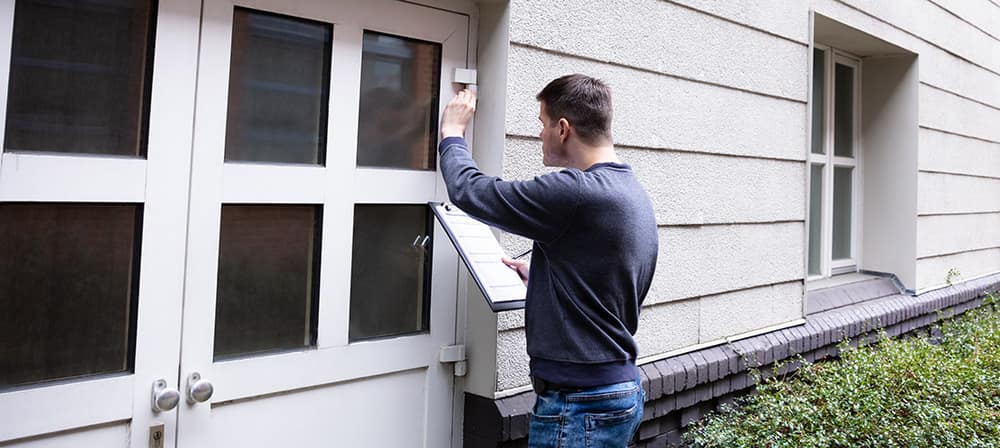
9. Poor Windows
When a house is inspected, at least 50% of the windows can be opened and checked. And if the windows don’t open or close properly, then it can become a problem for a buyer.
You should replace your windows if you foresee the old windows becoming an issue during the sale process — either because they’ll raise red flags during a buyer’s inspection or because they could negatively affect your listing price.
Replacing windows is a pricey endeavor, so first determine if it’s a necessary step or a skippable cosmetic fix.
Estate agents report that installing double glazing can give an additional 10% added value to a home and increase the likeliness of making a sale.
10. Pest Infestations
Wood-damaging pests like termites can lead to substantial structural damage when left untreated. Termites can damage walls, beams, floors, and other parts of the home, affecting the safety and integrity of the property.. If a home inspector spots signs of pest infestation, your inspection report will fail. Hiring professional pest control experts to assess and treat your property before scheduling a home inspection can help ensure a favorable report.
Endnote
A bad home inspection report lowers your property’s value and discourages buyers. In order to make sure everything goes off without a hitch, it’s best to be prepared for the home inspection. In the end, it will be very difficult to eliminate everything that could show up on the report. But doing these few things will help prove to the inspector that the home has been well taken care of, which will be noted in the report and conveyed to the buyer.
The home inspector may literally find hundreds of items with the home, but that doesn’t mean you have to fix everything — just the important stuff. Familiarize yourself with the things that may fail your home inspection and address them immediately.
